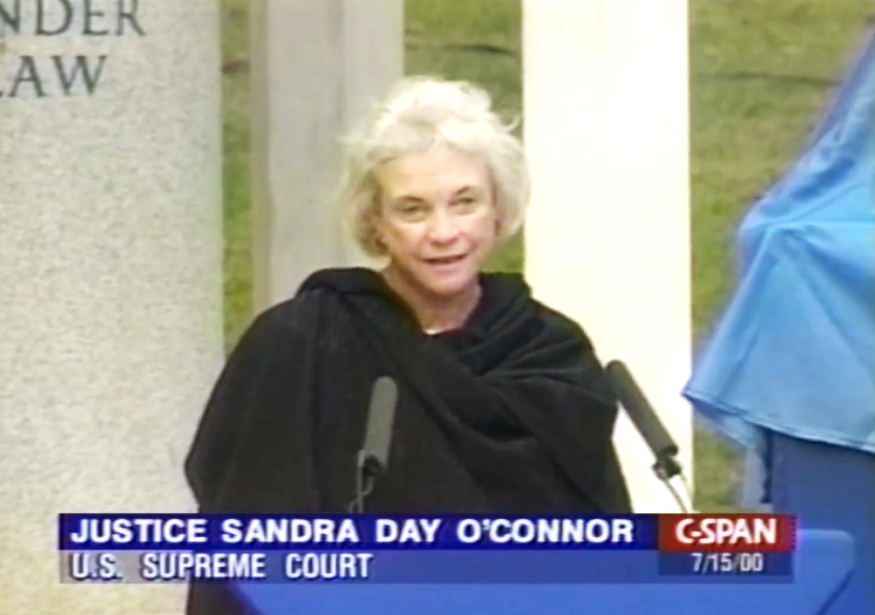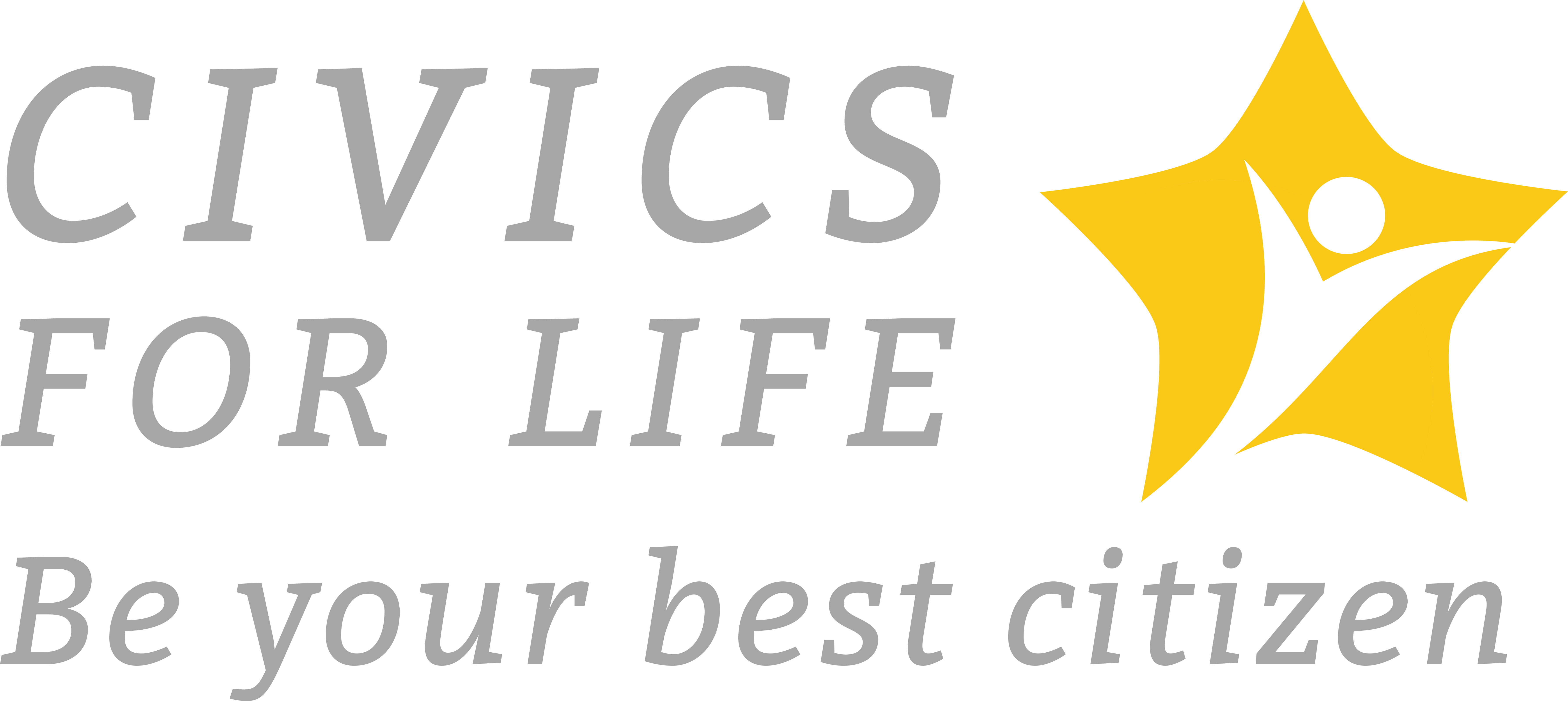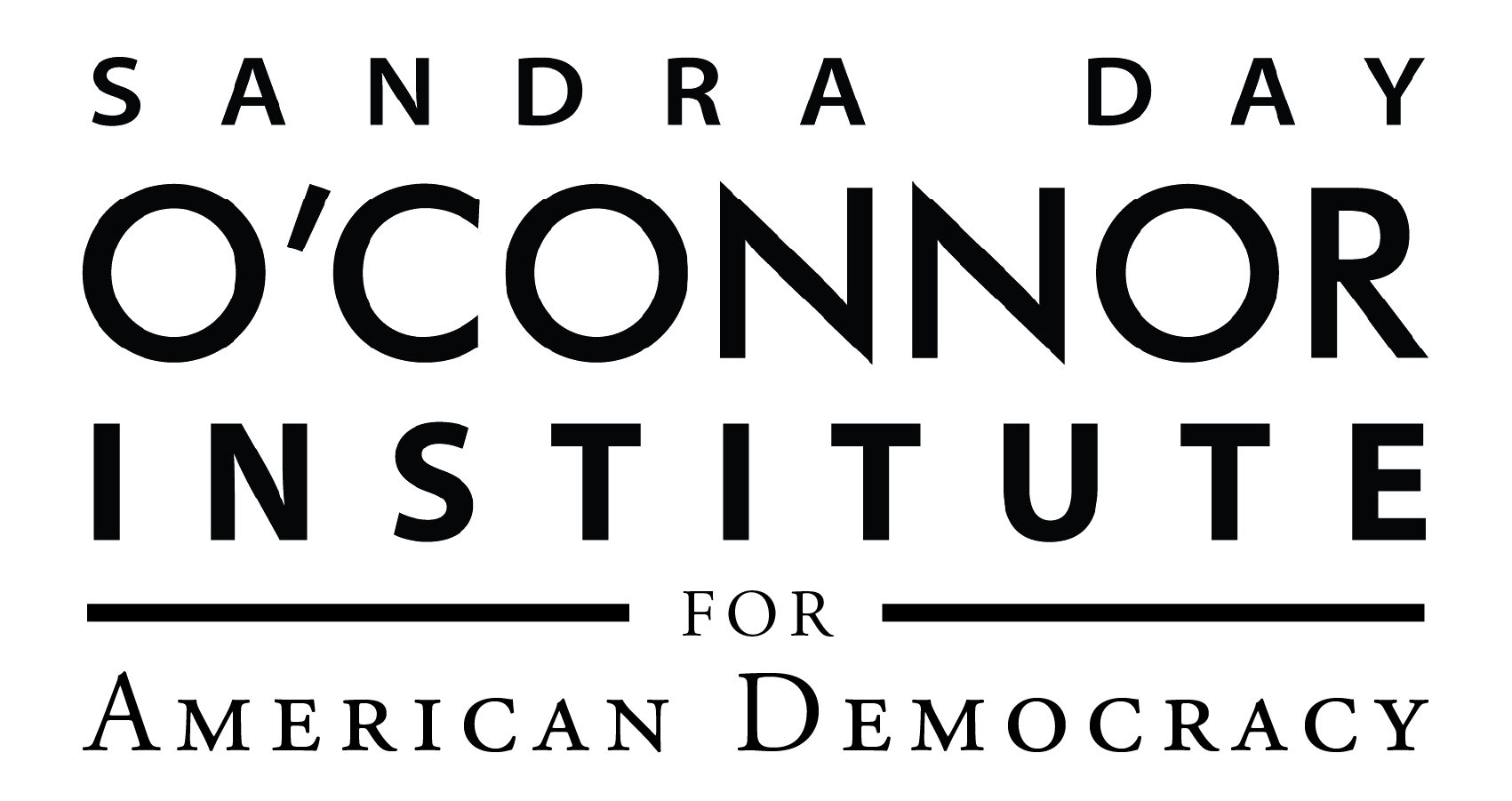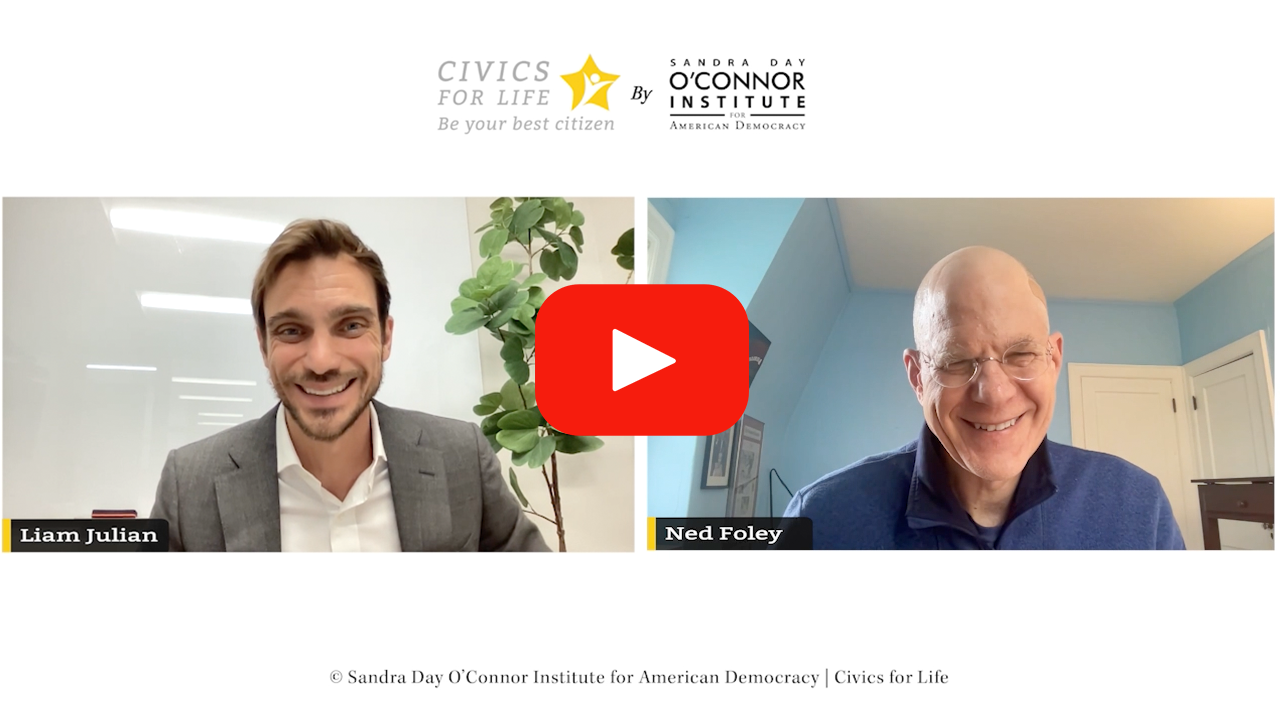
Volume 2 | Issue 2
WHAT'S THE DEAL WITH THE ELECTORAL COLLEGE?
With Dr. Edward B. Foley
Perhaps no extant product of the U.S. Constitution has received more bipartisan animus than the Electoral College. Since 1800 there have been more than 700 proposals introduced in Congress to amend or eliminate the way in which America chooses its presidents. Yet the Electoral College lives on. Why do we have this system? Why does it inspire such cross-party antipathy? Can it be changed -- should it be changed? -- and if so how? Electoral College expert Dr. Edward B. Foley joins the Institute to discuss.
Dr. Foley is author of Presidential Elections and Majority Rule: The Rise, Demise, and Potential Restoration of the Jeffersonian Electoral College. Foley is the current Guggenheim Fellow in constitutional studies and leading election law expert in the United States.
Redouble Our Civic Efforts, We Shall
A new survey from the American Bar Association -- a version is published each year to mark Law Day, May 1st -- finds that 74% of respondents believe American democracy is weaker today than it was five years ago. And more than half of respondents expressed concerns about the mechanics of the upcoming November election. The report, available here, is full of useful information, some of it more encouraging -- e.g., 81% of respondents knew that the Supreme Court acts as the ultimate authority in interpreting the U.S. Constitution. It is well worth a deep and considered read.

Civics 101: Understanding Elections
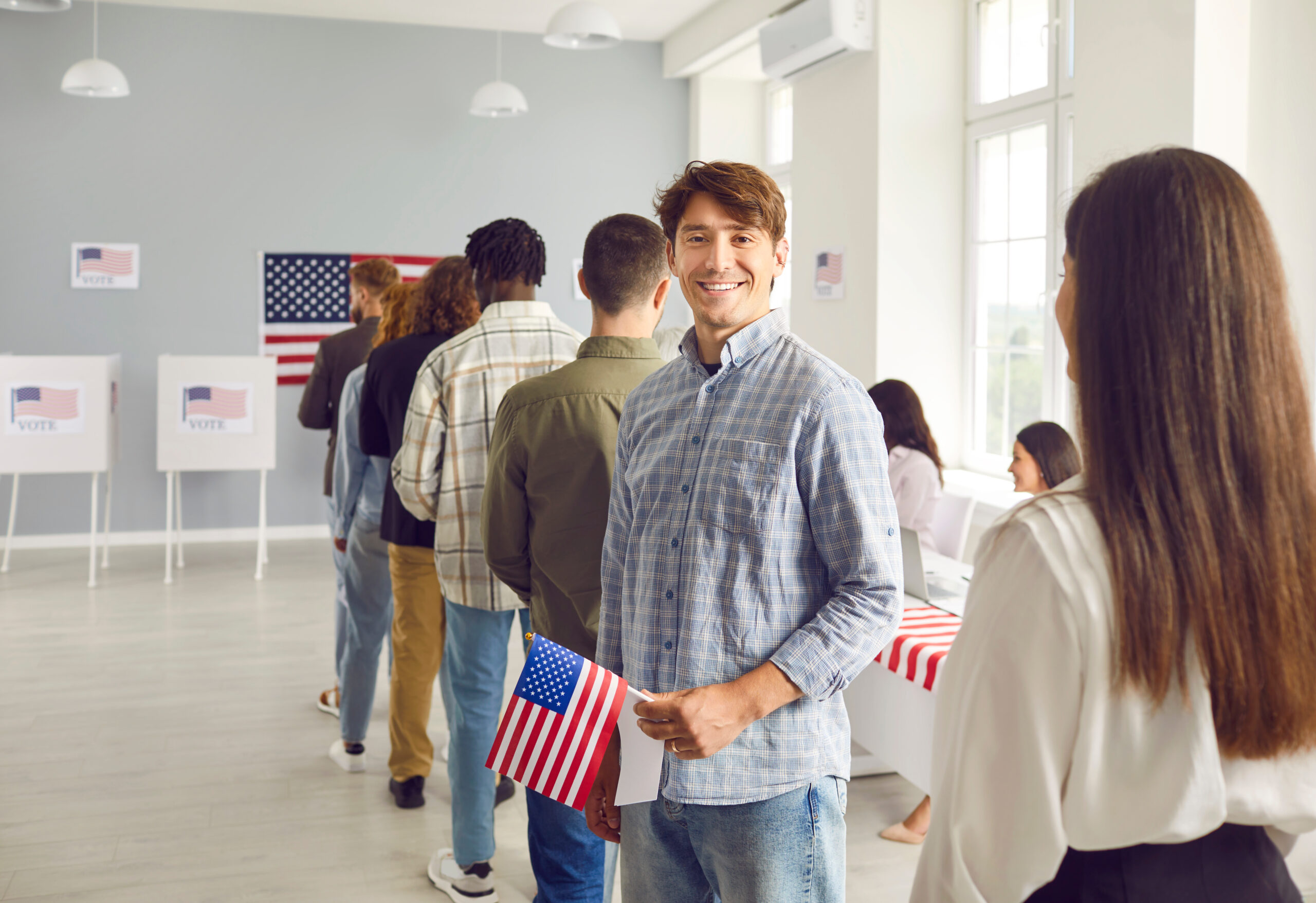
Elections are the cornerstone of democratic governance, providing citizens with the opportunity to participate in the selection of their representatives and leaders. The electoral process encompasses various stages, from voter registration to primary and general elections, and it differs at the local, state, and national levels. This Civics 101 lesson will explore the electoral process, including voter registration, primary and general elections, the Electoral College, and redistricting, to enhance our understanding of how elections shape the democratic landscape.
JUSTICE O'CONNOR ON REDEDICATION TO PRINCIPLE
Ah, spring: a time of creation and renewal, of new beginnings and rededications. In 2000, Justice Sandra Day O'Connor spoke at Runnymede, a water-meadow on the River Thames just southwest of London and the most likely location where, in the spring of 1215, King John helped birth modern democracy by sealing the Magna Carta. "In many ways, the story of English liberties, and therefore the story of American liberties began on this very meadow," Justice O'Connor said. "We must constantly rededicate ourselves to saying that legal institutions protect the right of each individual to pursue life, liberty and happiness, and that no person is subjected to the exercise of arbitrary government power, and that all persons are equal under the law."
